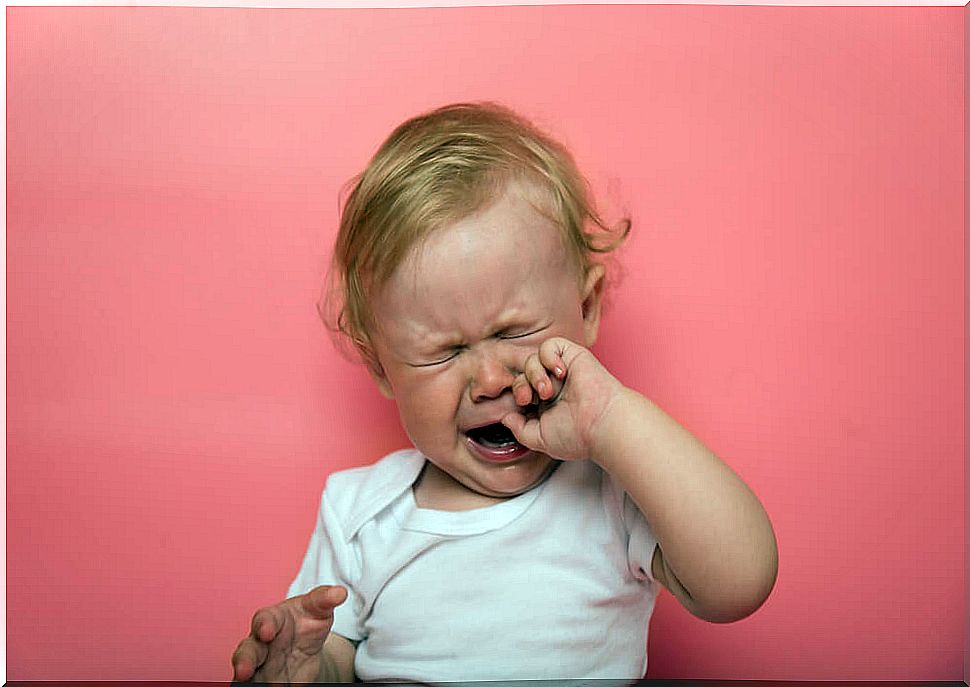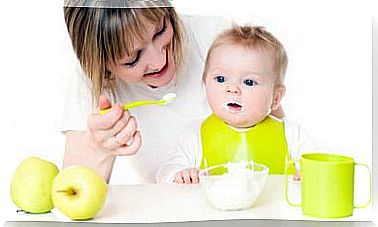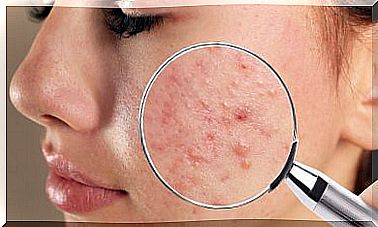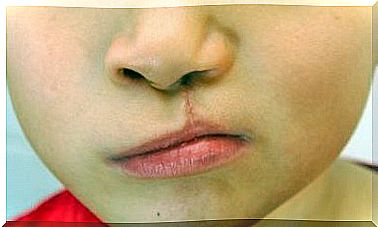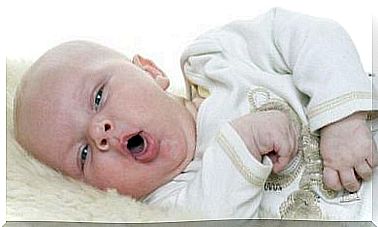The Formation Of Baby’s Teeth
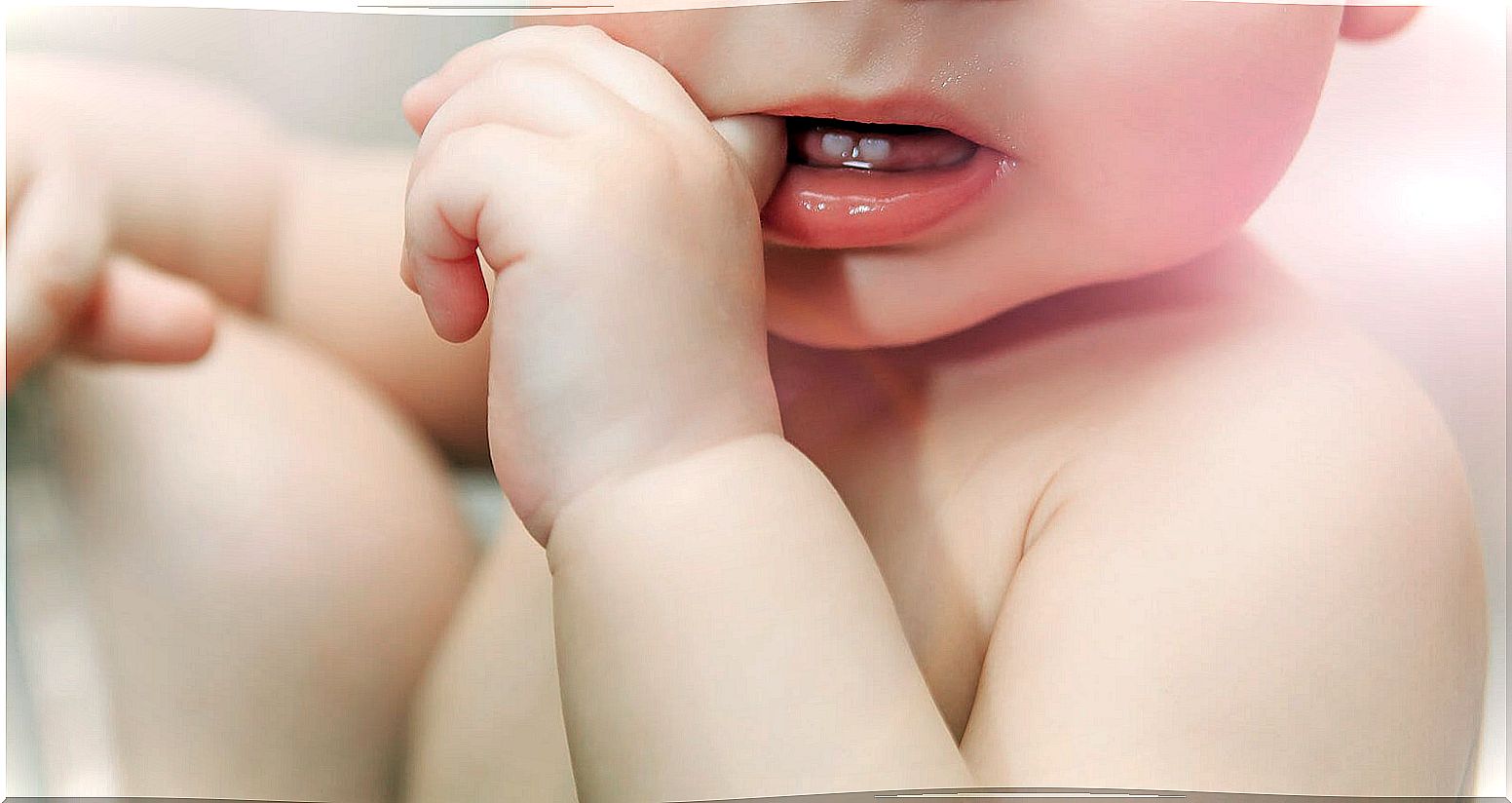
The formation of the baby’s teeth and their eruption is a very important process that involves different stages. Sometimes it can give parents a headache or two. Therefore, we tell you everything you need to know about this process and some methods to make it as bearable as possible for everyone.
When does tooth formation start?
The formation of the baby’s teeth begins already in the womb. Between the fourth and eighth weeks of gestation, these begin to develop in the fetus. This means that we must take into account that the mother’s diet during pregnancy is very important for them to form correctly.
It is advisable that the mother’s diet has an adequate amount of calcium and vitamins C and D so that the baby’s teeth can form well. Also, some medications, such as antibiotics in the tetracycline class, can have side effects in this process. Medical controls and not taking any medication without a prescription during this stage will be essential.
The eruption of the baby’s teeth
The formation of teeth involves different processes. On the one hand, as we have commented, there is the formation of the teeth that will occur in the fetal period. Once they have formed, these teeth remain inside the gum until it is time for their eruption, which means that the teeth will begin to pass through the gum, being visible in the baby’s mouth.
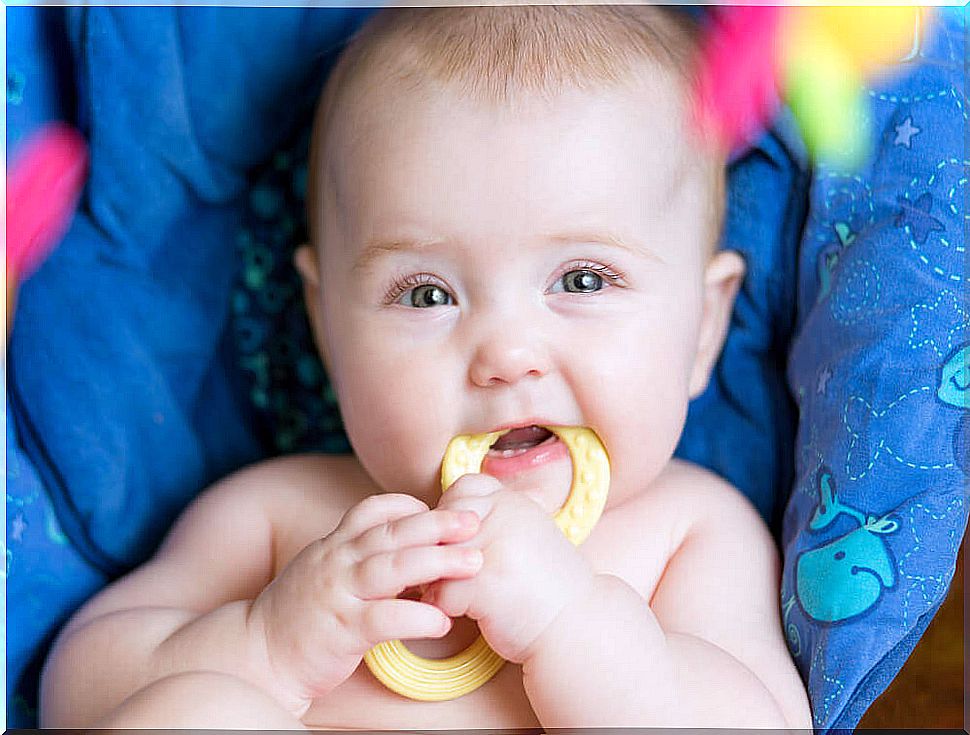
This moment is variable from one baby to another. It may be that your baby is born with teeth or that they begin to appear even around one year of age. The average age at which the first teeth begin to appear is usually 6 months.
The first to appear are usually the lower central incisors which, as we have already mentioned, will appear around the sixth month of life. From here, the upper central and lateral incisors will appear successively. Then, the lower lateral incisors and, progressively, the upper and lower canines and second molars.
Thus, around the third year of age, the child will present his full milk teeth. This denture will only be present for a few years, approximately until the child’s 6-8 years, when the milk teeth will begin to fall out and the permanent teeth will appear in a similar process.
Symptoms of tooth formation
Especially in the eruption of the first teeth in the baby, it is possible that these present symptoms that make them be somewhat restless and annoying. Given their age and the inability to express themselves, it may be that this stage is confusing for many parents and that they do not know what is really wrong with the baby. Some of the most common symptoms of tooth eruption are:
- Increased amount of saliva, that is, drooling.
- Irritability and crying for no apparent reason
- Fever and diarrhea. They are common symptoms, although they may be caused by any infection, so it will always be advisable to consult your pediatrician.
- Decreased appetite. Since the baby has discomfort in the gums, it is likely that it hurts to suck on the bottle or breast, so it is usually more difficult to feed them at this stage.
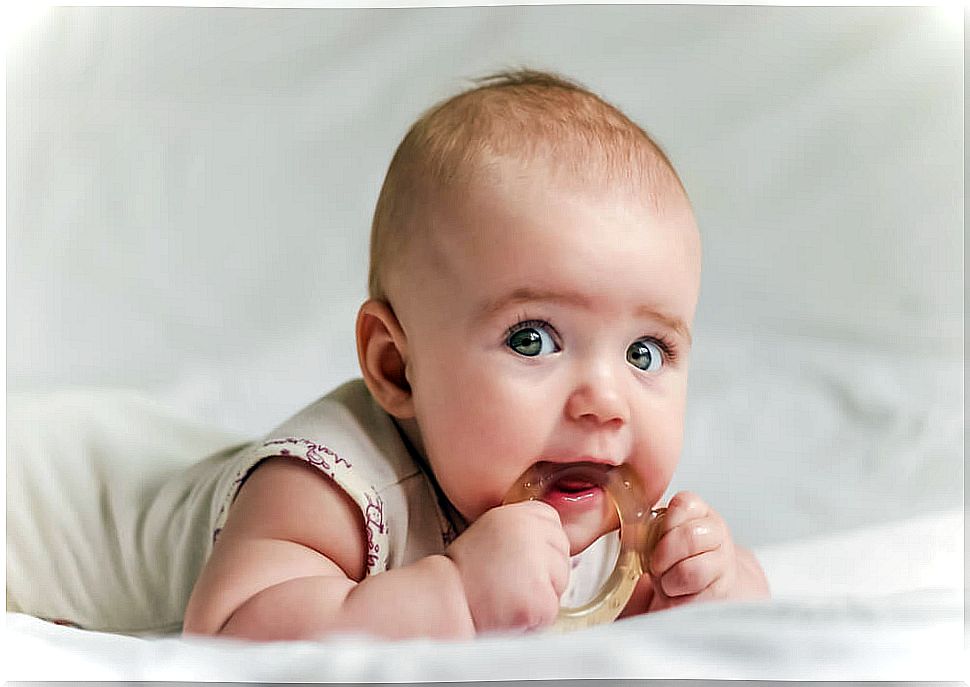
All these symptoms can be tried to alleviate with special chilled teethers in the refrigerator or by massaging a clean gauze the baby’s gum with your finger. If they are very bothersome, the pediatrician can be consulted to prescribe a suitable pain reliever for the baby.
Regarding the formation of the baby’s teeth …
It is a long process that, on many occasions, will cause chaotic moments for both the baby and the parents. It is important that both the mother during pregnancy and the baby at birth have a correct diet so that all teeth can form and erupt well and be healthy.
Although the age of appearance of the teeth varies from one child to another, if after 18 months no teeth have yet appeared, it is advisable to consult a pediatrician. For the rest, at each scheduled check-up for your age, the specialist will check that everything is going as it should in the appearance of the teeth. And remember: you have to be patient with this process and our baby!
